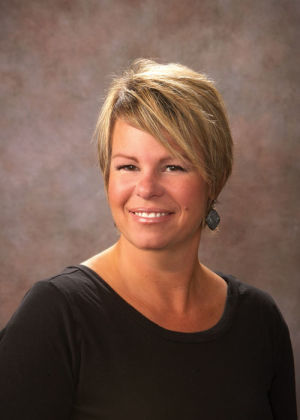The State Department of Education is still on track to meet federal compliance deadlines, despite missing one of its self-imposed deadlines this week, a department spokesman said.
Superintendent of Public Instruction Sherri Ybarra and her executive team still want to submit Idaho’s Every Student Succeeds Act plan to the feds in March.
This timetable would actually afford the state a couple of months to receive feedback from the feds, department spokesman Jeff Church said.
And if the plan doesn’t comply, submitting the paperwork in March would provide Idaho a buffer. The state could make revisions and still have time to resubmit the plan in the summer, meeting the feds’ second deadline.
The ESSA plan is required to take effect during the 2017-18 school year.
Originally, Ybarra’s timeline called for submitting a draft of the ESSA compliance plan to the State Board of Education on Tuesday.
However, on Monday, Ybarra’s Chief Policy Officer Duncan Robb wrote a letter saying Ybarra would not submit the draft on Tuesday as planned.
That means the State Board will not debate the plan and vote on it at its December meeting. The SDE must submit its plan to the State Board before submitting it to the feds.
During a telephone interview Wednesday, Church said Ybarra and her team want to be deliberative about crafting the plan, and decided to slow down in order to better incorporate public feedback.
“This is the state’s effort to be collaborative and involve the stakeholders in developing a plan that is truly Idaho’s plan,” Church said.
Since the 102-page draft was unveiled Nov. 1, educators, parents, taxpayers, paraprofessionals and some of Idaho’s most prominent education groups have said their voices were not sought out or built into the draft.
Church said the decision to slow down the SDE’s timeline is a response to that feedback.
It also gives the SDE time to finish the plan. As of late last week, details of the plan surrounding teacher quality, student achievement and school accountability remained unfinished.
In the days and weeks ahead, Church said SDE leaders will draft a new plan that incorporates feedback collected during a series of five public hearings earlier this month. SDE leaders will also work to update and post a new ESSA timeline.
Then, Ybarra and the SDE will submit their new compliance plan to State Board in early 2017, although an exact date has yet to be determined. Ybarra will also make sure Gov. Butch Otter and the Legislature have a chance to review the plan and offer suggestions.

State Board member Debbie Critchfield applauded the SDE’s decision to pump the brakes.
“At the most basic level, I wanted to see something that was complete before I voted on it,” Critchfield said. “I actually think that it is a good move on the part of the department if they are falling back and allowing themselves the opportunity to fill in the gaps and make accommodations for public feedback.”
At this time, Church said SDE leaders have not scheduled any additional forums or public hearings devoted to the ESSA plan. However, he said feedback will continue to be solicited and encouraged through the SDE’s website.
ESSA touches on a wide range of education issues, from school accountability and assessment testing to teaching English language learners, complying with federal programs and offering professional development training to teachers.
ESSA is notable, in part, because it pushes oversight and control of public schools away from the federal government toward the state.
Idaho has not had any kind of formal school accountability program in place since Ybarra took office in January 2015.
